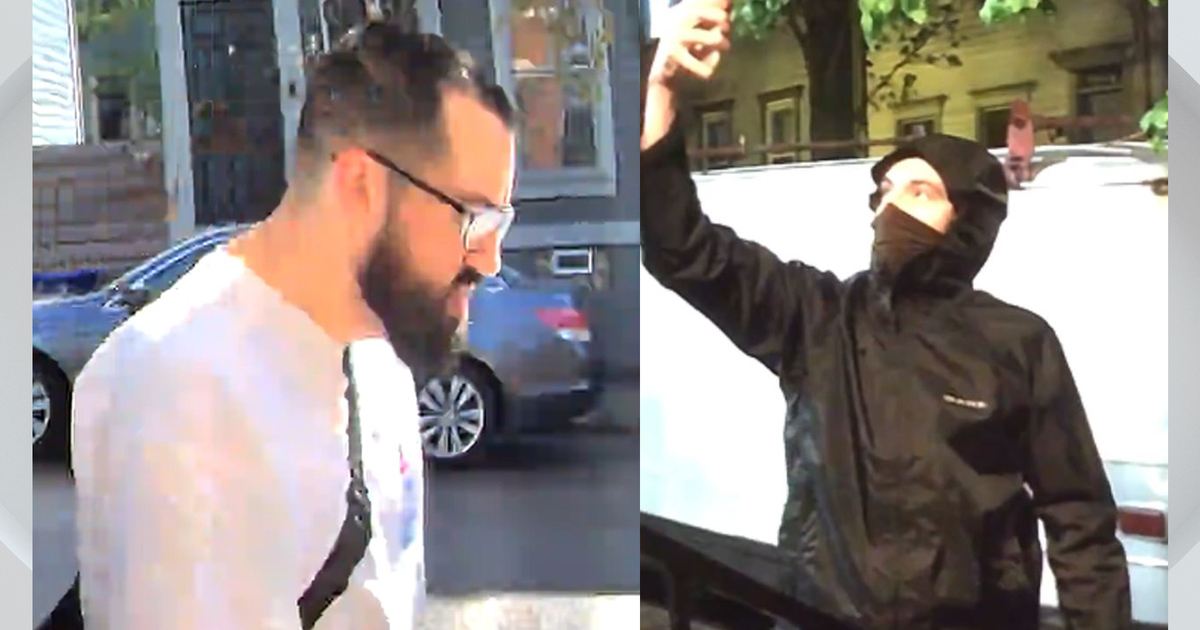Pittsburgh Police Get Low Marks In Study On Body Camera Policies
PITTSBURGH (KDKA) -- The Leadership Conference on Civil and Human Rights and Upturn released a new study scrutinizing the "civil rights safeguards" in policies that govern the use of body cameras at 50 police departments in the United States.
Pittsburgh is one of only three cities where no information on the policies was publicly available.
The national coalition also couldn't find data on the policies for departments in Detroit and Aurora, Colorado.
Pittsburgh Public Safety spokeswoman Sonya Toler told the Pittsburgh Post-Gazette that Chief Cameron McLay had not reviewed the report yet. She added, "none of the policies of the Pittsburgh Bureau of Police are considered public information."
"How do you trust the officers that you do encounter are doing thing the way they're expected to? They're doing it for the public, so the public has the right to know," Citizen Police Review Board Executive Director Elizabeth Pittinger said.
The coalition looked at the following criteria for the 50 departments:
- Policy Available
- Officer Discretion
- Personal Privacy
- Officer Review
- Footage Retention
- Footage Misuse
- Footage Access
- Biometric Use
After recent violence between police and citizens in cities around the country, law enforcement agencies are rapidly adopting body-worn cameras for their officers.
"All the effort made for outreach and to demonstrate that they are open and transparent, that's a very critical part of demonstrating that effort of ideal," Pittinger said. "This isn't about how to approach a situation, it doesn't comprise officers' safety, what it does is tell the public this is what you should expect of your police officers."
One of the main selling points is to show what's really happening in police-citizen interactions. But, the coalition wants to see how the cameras and the footage they obtain is actually being used.
To review the complete results of the study, click here.
KDKA-TV has reached out to a public information officer with the Department of Public Safety. She says in part that officers do not wear the equipment until they are properly trained by instructors, among other requirements.
Join The Conversation On The KDKA Facebook Page
Stay Up To Date, Follow KDKA On Twitter



